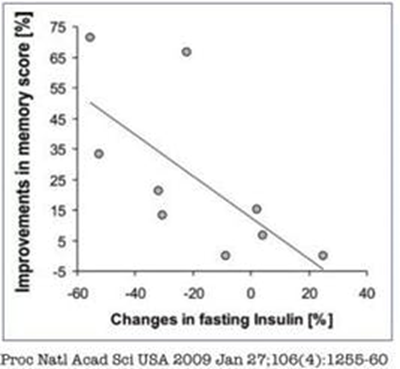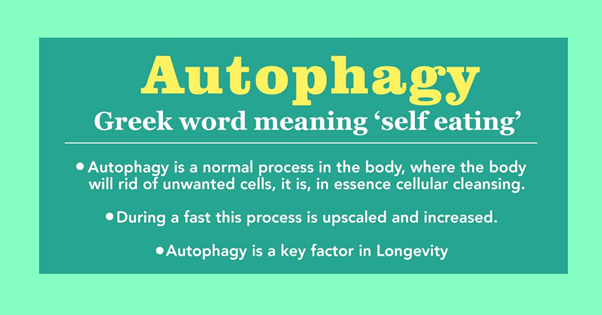Simply put this is the a family of proteins that are responsible for the growth and survival of nerve cells during development, and for the support of adult nerve cells.
Neurotrophins are chemicals that help to stimulate and control neurogenesis, BDNF being one of the most active
BNDF is also associated with increased intelligence, mood, productivity, and memory along with decreased risks of neurodegenerative diseases like Alzheimer’s & Parkinson’s.
From an evolutionary point of view, The survival of the species was paramount, so it wouldn’t make sense for our brain power to be compromised during days with no food. Our brian power and testis were maintained. “During starvation, higher cognitive function is maintained or even boosted” ( Jason Fung) .
The Ancient Greece believed (correctly) that fasting would increase their mental agility so would fast for days on end.
Many Human studies have been done that show that mental performance does not decrease whilst fasting .
One study compared cognitive tasks at baseline and after a 24 hour fast. None of the tasks – including sustained attention, attentional focus, simple reaction time or immediate memory were found to be impaired. Another double-blinded study of a 2-day ‘almost total’ caloric deprivation found no detrimental effect even after repeatedly testing cognitive performance, activity, sleep and mood.
Aging rats were started on intermittent fasting regimens. All cognitive tests improved dramatically.
There was increased brain connectivity and new neuron growth from stem cells, believed to be caused by the increase of BDNF . In animal models, both exercise and fasting significantly increase BDNF expression in several parts of the brain.
In a study of 50 normal elderly subjects, memory test improved significantly with a 3 months of CR (30% reduction in calories).

“Neurogenesis is the process where neural stem cells differentiate into neurons that are able to grow and form synapses with other neurons. Both exercise and CR seem to increase neurogenesis via pathways including BDNF.” Jason Fung
There is a direct inverse correlation with fasting insulin to memory. The lower the insulin, the better the memory score. It seems all good things happen when Insulin is at its lowest.
Lower body fat has also been linked to increased blood flow to the brain. Intermittent fasting provides one method of decreasing insulin, while also decreasing caloric intake without slowing down our metabolism.
Autophagy and Alzheimers.
During Fasting autophagy( the clearing away of old cells) is activated. This is one of the most amazing benefits for the brain’s functions. A cellular cleansing process helps remove damaged proteins from the body and brain. In the case of Alzheimer’s, abnormal accumulation of Tau protein and amyloid protein build up in the brain, fasting is an opportunity to rid the body these abnormal proteins.


